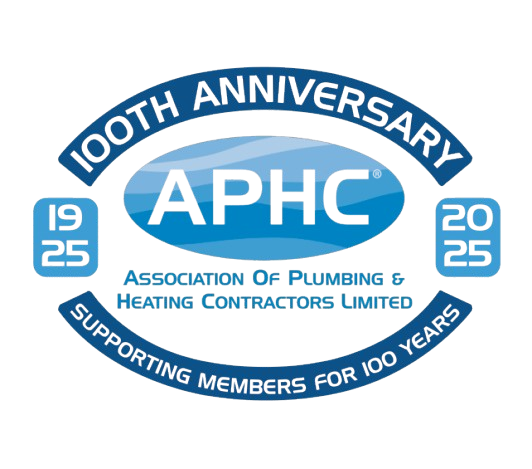We’re all used to hearing about net zero and the strategy to decarbonise the UK by 2050, but the water industry also has ambitious plans for net zero and aim to achieve net zero carbon emissions by 2030.
The contribution that water consumption can have on reducing greenhouse gas emissions is often overlooked. Water consumption and energy are strongly linked. Pumping, treating, heating, and supplying water and wastewater consumes energy and releases greenhouse gas emissions such as CO2, there are then separate emissions that come from water being used in homes and buildings.
The 2030 net zero goal for the water industry is to minimise total water consumption, utilise alternative water sources and improve water efficiency all in a bid to reduce the amount of greenhouse gases the industry produces.
The industry has already cut their operational emissions by 43% since 2011 but still around 6% of the UK’s total greenhouse gas emissions are from household water supply use and 1% of businesses in England use over 50% of non-household water.
The biggest proportion, approximately 89%, of greenhouse gas emissions associated with water supply comes from heating water for general water usage in domestic housing, usually through white goods such as washing machines and dishwashers.
Over the next decade as buildings become more energy efficient, CO2 emissions from hot water will start to exceed those from space heating and CO2 emissions from water use in a home using electrical heating will be approximately double of a home with a gas boiler.
Making emissions cuts through improving water efficiency in our homes will become increasingly important as we move towards net zero 2050 and move away from fossil fuels to heat up our water.
By reducing our water consumption and improving water efficiency in our homes we can help to work towards reducing our emissions and delivering the net zero 2030 targets as well as saving water and money. If total water consumption is reduced then less energy is used, this means emissions are reduced and that contributes towards net zero targets.
Reducing the emissions cause by the operational process of supplying water is also important in order to reach the ambitious emissions targets.
The water industry has already outlined plans and made impressive progress in their operations including increasing self-generated renewables, purchasing green electricity, moving to electric-powered construction equipment, rolling-out electric and alternative fuel vehicles and reducing leakage.
It’s clear that reducing water consumption and improving operational efficiency can help deliver significant reductions in greenhouse gas emissions. Curbing water usage also helps us all to save money and secure the supply of water for the future.
Water efficiency has an important role in helping us to reduce our emissions, limit the effects of climate change and reach net zero.
Raising awareness of the link between greenhouse gas emissions and water use will help to re-enforce the importance of water efficiency in the drive towards net zero.
You can find out more about water’s role in net zero 2050 here.
Read more of our blogs here.


